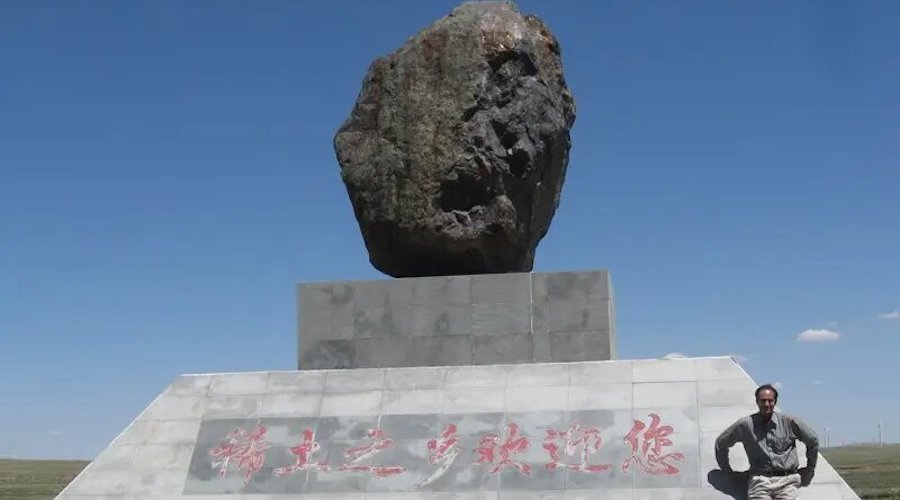China, however, is a dominant force in the world when it comes to processing and mining them. While the current political climate is calling for the US and European economies to distance themselves from China in order to reinvigorate domestic manufacturing capacity or build regional capabilities to cut emissions from transoceanic trade, the researchers believe this could spell disaster for the green energy transition.
Rather than simply shun those countries, lead author Saleem Ali said that as climate change is a planetary threat, and there are institutions in place like the International Renewable Energy Agency that was established precisely for the world to plan for a green transition, the countries in the G20 should negotiate an agreement on mineral supply security.
“Regardless of our differences with China and Russia, we should focus on making sure there is some agreement on mineral supply security to meet the obligations of the green energy transition,” he pointed out.
Only for green technologies
Historically, these metals have been used for the military-industrial complex and thus posed a national security issue. This paper, however, makes clear that the metals should only be used for green technologies and that the challenge of decarbonization should be addressed in a global manner so that all countries, regardless of political differences, are willing to cooperate.
“The article lays out some of the recommendations for establishing such a global mineral supply agreement where countries would say, ‘Look, regardless of our differences, if the metals are going to be used for green technologies, we will assure supply,’” the University of Delaware researcher said.
In part, Ali said this is only reasonable as minerals are geologically determined. It just so happens that China and Russia are huge countries that have a lot of naturally endowed minerals and are thus able to capitalize on their geologic fortune.
He also said that every country hunkering down and excluding others from access to green minerals could lead to ecological consequences, as countries would be forced to start extractive industries in places where it might not be environmentally friendly to do so.
“You want to do it where it’s ecologically efficient,” Ali noted. “That’s the other important part of this agreement: if we hunker down into resource nationalism completely, we will potentially end up harming the environment in the long run because we will end up creating mines where it’s not ecologically efficient.”
In his view, however, this proposal does not imply that the US should ignore its allies. The paper makes it clear that near-shoring or working with countries like Australia and Canada should absolutely continue in order to diversify the US’s mineral supply.
“We are not saying that shouldn’t be done, but a global mineral supply agreement would diversify and create more resilience for the green energy transition. That’s what we have argued for,” Ali said.
In his view and that of his colleagues, in addition to opening up to other sources of raw materials, the US also needs to be more realistic about its climate goals, particularly those that government would like to achieve by 2030 even though the necessary green energy generation, transmission and storage infrastructure is not yet in place.
“As much as we appreciate the thought of it, it cannot be done while at the same time saying, ‘We are decoupling from China,’ and that is a serious problem,” Ali said. “We need to try to arrange better ties with securing these supplies through a global agreement with China and other countries where it is more practical to extract.”




